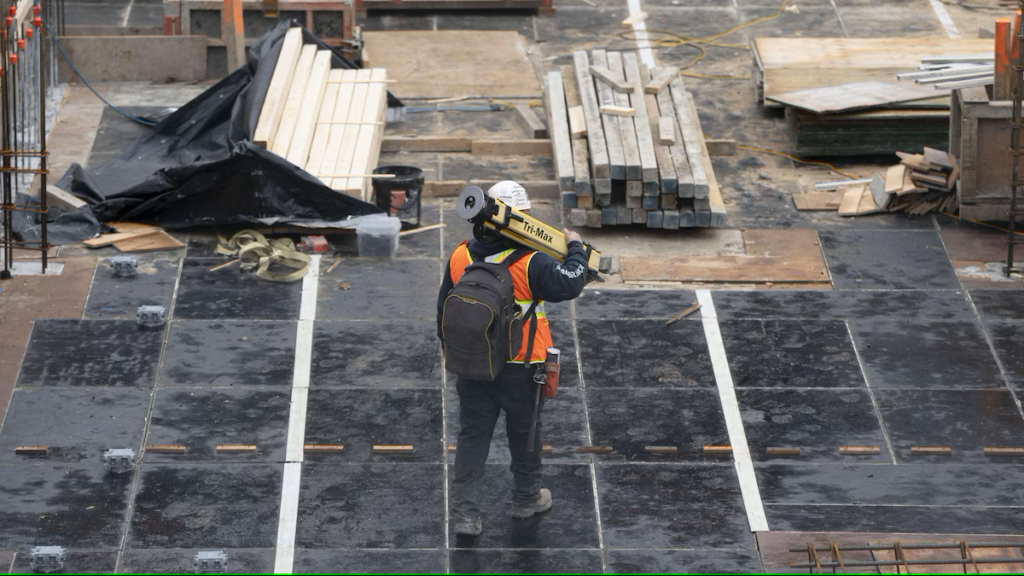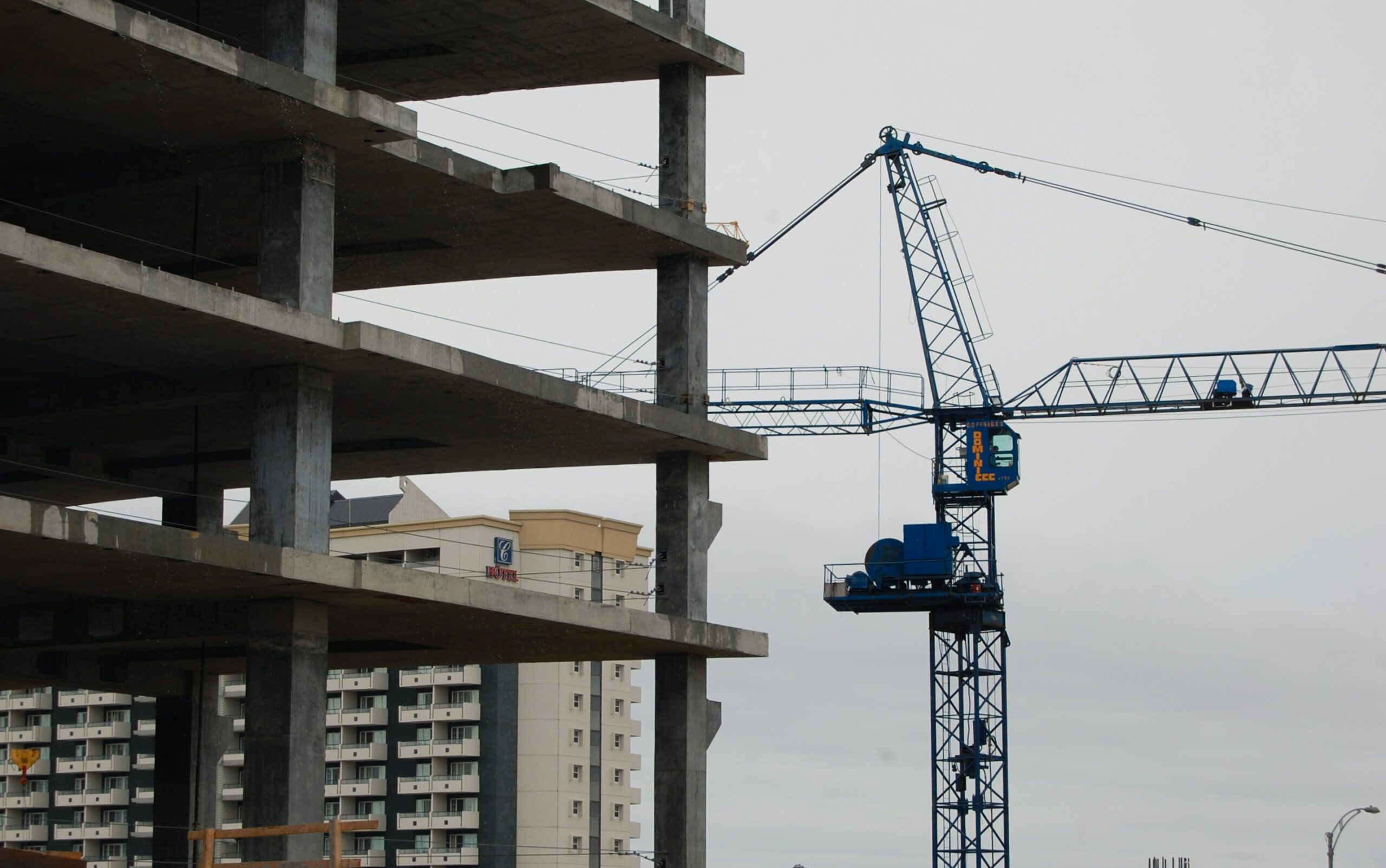On Thursday, Quebec’s National assembly passed the Act to Modernize the Construction Industry (Bill 51), despite strong criticism from unions, housing groups, and immigrant advocates. The law makes sweeping reforms to the construction industry, loosening regulations on who construction bosses can hire and what kind of training they need.
Construction unions have signalled that the changes benefit employers at the expense of key protections for workers. The law weakens requirements for companies to hire local workers, particularly apprentices. It fast-tracks the training required for new construction workers and allows some workers to be assigned tasks outside the trade in which they trained. For example, under the new scheme, workers from all trades will be allowed to operate heavy machinery.
Unions are concerned that these changes will create health and safety issues and result in lower-quality builds. Alongside these criticisms, advocates for immigrant workers have concerns that the new law will lead to an increase in the use of temporary foreign workers (TFWs) in precarious work conditions.

TFWs are paid much less than their Canadian-born counterparts and often work extra hours for no pay. They are systematically exposed to dangerous working conditions and have little recourse against abusive bosses. Last year, a United Nations report condemned Canada’s TFW scheme, stating that it “[makes] migrant workers vulnerable to contemporary forms of slavery.”
To better understand the implications of the reforms, North Star spoke with Raphaël Laflamme, a community organizer with the Immigrant Workers Centre (IWC).
Laflamme explained that while the law does not explicitly mention temporary foreign workers, it would effectively permit construction companies to save money by hiring TFWs. This would be the result of the new measures for “diversifying” the pool of apprentices combined with the removal of requirements for local hiring:
“We fear that they will be able to integrate more temporary foreign workers into cheap labour positions. For example, they’ll bring in temporary foreign workers as apprentices, but since they’re temporary, they’ll only stay for two or three years. After that, employers can get rid of them and bring in a whole new batch of temporary foreign apprentice workers. This way, they avoid having to pay them more when they get more qualifications.”
He continued, “Employers will no longer be obliged to hire in regions where there are construction sites, or at least, the rules will be really relaxed in that respect. So we’re a little worried that temporary foreign workers will be used as cheap labour and shipped out to different regions.”

Quebec’s CAQ government touts the construction reform as a “flexibilization” measure. Laflamme highlighted the similarities between this new law and other reforms the government has passed in health care and education.
“This bill is part of a larger package of neoliberal reforms that will completely destroy the world of labour. We’ve had bills on health, education and housing, and we’ve also had one on occupational health and safety that passed. […] It’s a frontal attack on workers. These bills are aimed squarely at creating a deeper division in the distribution of wealth in society.”
Among the CAQ’s justifications of the reforms is the suggestion that it will ease the housing crisis by speeding up new construction. On this subject, Laflamme echoed the criticisms made by housing groups:
“The CAQ claims that this project will enable new construction, and that it will help with the housing crisis, but that’s completely beside the point. The causes of the housing shortage have very little to do with what is addressed in the bill.”
Despite the passing of the new law, Laflamme and his colleagues are far from accepting defeat. The IWC is working to unify the people affected by this and other CAQ reforms:
“With the IWC, we’re in contact with various groups to mount an organized campaign against the application of this bill, but also in opposition to the sequence of laws and transformations that the CAQ has made. So we’re working with union groups and community housing groups to mount an organized campaign. We’re inviting people to get involved.”

